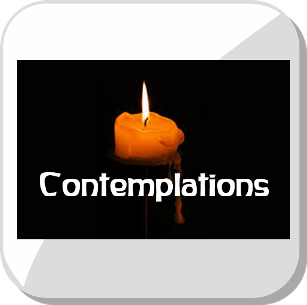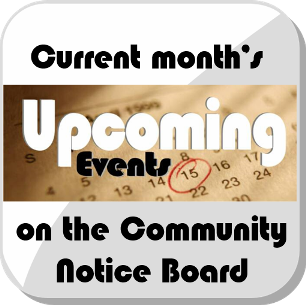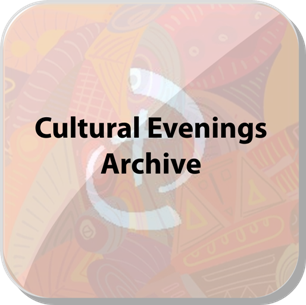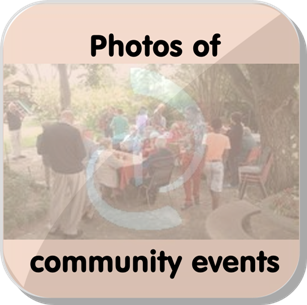|
A report for September 2023 by John-Peter Gernaat
“Tell me about your church!” This is something we may be asked to do periodically by people who are friends or who are strangers. I am asked by people who arrive at the church gate and by people who agree to take a stall at the Ferndale Community Market. How does one answer this question? I had a friend, now deceased, who was a Roman Catholic. He could answer every question about his church. The Catholic Church offers catechism all the way through school (Encyclopaedia Britannica: Catechism a manual of religious instruction usually arranged in the form of questions and answers used to instruct …) Catholics know the theology and the dogma of Catholicism and can recite it to anyone asking. Most Christian denomination have a fairly robust instruction for those entering the church as children or youth or as new converts. The Christian Community does not have a dogma and engages congregants on the level of thinking. We do not have a catechism that we ask people to know by rote. Yet, we have a very strong theology. Our theology is contained in our sacraments and rituals and is most profoundly heard in the Act of Consecration of the Human Being. I learned something during the Covid lockdown when the Africa Seminary could not meet in person and Reingard and Michaël offered a study of the Lord’s Prayer. Although I have prayed it as many days as I have been alive and have read a few commentaries on it, it required a little prompting for the knowledge I had to fall into place like puzzle pieces to reveal the power that is contained in this universal prayer. The study on the theology expressed in the Act of the Consecration of the Human Being is achieving the same in providing a full understanding of the theology of The Christian Community and a more precise way of answering my opening question. The third study still looked at the first three sentences said by the celebrant in the Sanctury before taking the three steps to the altar. Part of this study reflected on our understanding of the Deed of Christ. Is the deed of Christ his death on the cross and his resurrection? In previous studies (e.g. The True Nature of the Second Coming of the Christ by Rev. Michaël Merle in August 2021) we have considered the pre-earthly sacrifices and deeds of Christ. Immediately it becomes clear that the Deed of Christ is larger that any one of the deeds that Christ offered for humanity. When we understand the Deed of Christ, we see that salvation is a part of the Deed from the beginning. So, we begin to understand the theology of The Christian Community, and what lights up is how different it is from most other Christian theologies. Others see salvation as the purpose of Christ’s deed on Golgotha. While studying the Christ we turned to the words said by the celebrant when facing the congregation. These are words spoken from the Realm of the Spirit through the celebrant to us. “Christ in you”, is a statement, a reminder to each of us. It is a reality that we understand. Yet, it is very different to most other Christian theologies where the understanding and the wish is for Christ to be with you. This is a fundamental difference in our theological understanding. The next study, and future studies, will begin to penetrate further our theological understanding of the Divine Trinity. We began by considering together the words spoken with the first of the crosses we inscribed over our forehead and the first part of the Trinity Epistle. What does it mean when we say: “The Father God be in us” and “Conscious of humanity we feel the Father God …”. The beingness of the Father God that we become conscious of through our humanity differs from many other denominations. Our being is inseparable from the Being of the Father God. The Father God is being, He is not a Being. This is a profound idea. This also makes it is easy to understand how people today struggle with the concept of a Father God as a discrete Being living somewhere in a place called Heaven, with no Google Map to finding Heaven. This naive image drives people away from religion because they struggle to connect with it. The word ‘religion’ means to re-connect, to reconnect to our source. When religions create pictures in which it is difficult to find a connection, one understands how they no longer serve the purpose of reconnecting the human being to the Divine. In delving into each concept held in the Act of Consecration of the Human Being the words that have been heard many times become connected to the understanding that has been brought by our many priests over the years. Suddenly, and sometimes only for a brief moment, a clear picture emerges of our theology, that so clearly answers the question as to what The Christian Community, Movement for Religious Renewal is.
0 Comments
|
Follow us on Twitter. We put reminders of events and notices on Twitter.
Article Archives
December 2023
2022 - January to December
2021 - January to December 2020 - January to December 2019 - January to December 2018 - January to December 2017 - January to December 2016 - January to December 2015 - January to December 2014 - November & December 2013 - July to December 2013 - January to June 2012 - April to December Send us your photos of community events.
Articles (prefaced by month number)
All
|





 RSS Feed
RSS Feed